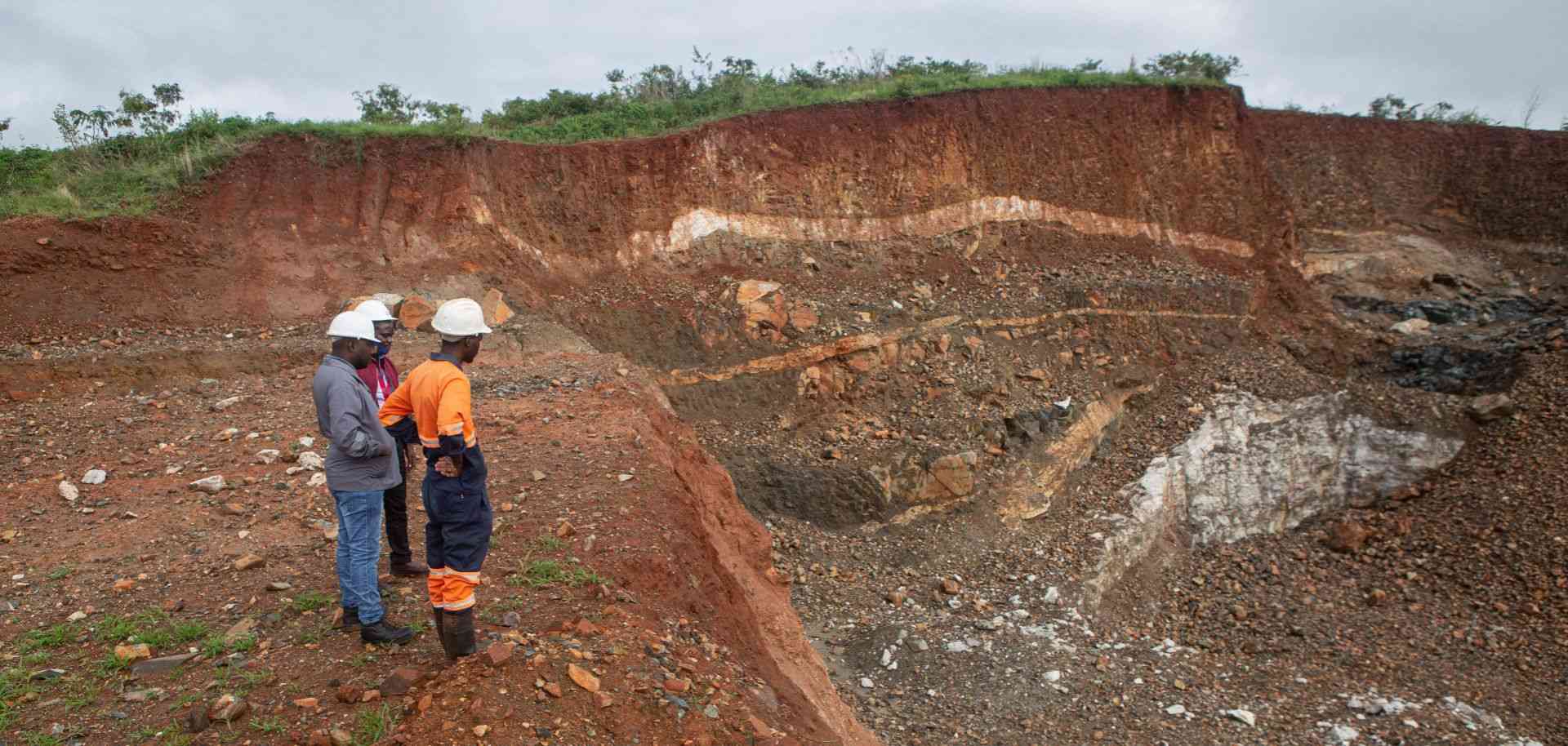
ENCOURAGED by President Emmerson Mnangagwa’s hyped ‘Zimbabwe’s Open for Business’ mantra, Australia Stock Exchange listed resources firm, Invictus Energy was among the first to put their investment proposals into motion after his rise to power in 2017.
After an exploration campaign covering over 2 000 hectares at its Cabora Bassa oil and gas fields in the Zambezi Valley, Invictus took another plunge into risk and drilled Mukuyu 1, its first test well on the claims, spending not less than US$100 million.
In Mashonaland East, Huayou Cobalt, the Chinese giant, spent almost US$400 million to buy out Prospect Resources and develop Arcadia Mine, which is expected to cost US$275 million on completion.
Globally, everyone gave Mnangagwa a chance following the coup, hoping for a positive turn in policies after investors lost substantial fortunes under the late strongman Robert Mugabe’s administration.
His predecessor had refined the art of threats and rolling out harsh laws and policies before he was toppled, which defined the final 17 years of his disastrous rule.
With Mnangagwa in power, Chinese investors like Fortune 500 listed Tsingshang’s glossed over the unsustainable country risk and committed US$1 billion to develop the five million tonnes a year steel and ferrochrome operation in Manhize.
The value of investments that have flowed into Zimbabwe since 2018, in spite of many hurdles lying on the way, far outweighs what Mugabe achieved during his last 17 years. This week, terrified business leaders told the Zimbabwe Independent that it is important for Zimbabwe to tread carefully as it negotiates its way out of the post-election deadlock that many fear could completely ground the economy.
Zimbabwe has been tense since Citizens Coalition for Change (CCC) leader Nelson Chamisa rejected poll results last week, claiming the vote was stolen by Mnangagwa. With the standoff, billions of dollars sunk into this market by the above investors are also at stake, and they have little chances of claiming compensation should their host messes up again.
- Invictus’ oil project gets major boost
- Invictus’ oil project gets major boost
- Mr President, you missed the opportunity to be the veritable voice of conscience
- ED to commission new-look border post
Keep Reading
Following the 2018 polls, violence and bloodshed ended with more investor fatigue. Billions more are being withheld by investors now sitting on the fence, and Zimbabweans could be on the edge unless the two parties revolve this political crisis.
This should not be difficult because they are all claiming to be fighting for economic growth and political stability.
Should they stick to their guns this crisis will soon mutate into deadly travel warnings, which will affect tourism.
If initiatives towards resolving the political crisis will not take place soon, Zimbabwe is doomed. Tensions may dissipate, but effects of this fight will affect the economy for many years.
Mugabe and the Movement for Democratic Change’s late founder Morgan Tsvangirai left it until it was too late to come to the negotiation table. By the time they capitulated and agreed to share power in September 2008, the economy had no currency, while inflation had destroyed everything from industries to schools and hospitals.
Today, Zimbabweans are still grappling with the effects of these historical blunders.






